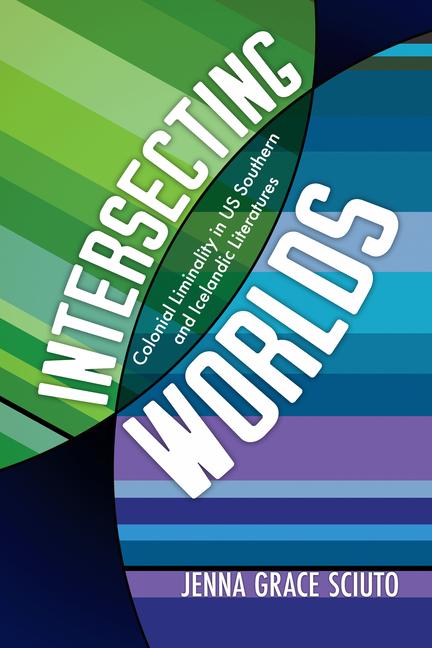Description
Iceland, an independent nation since 1944, has a complex colonial history. As a former dependency of Denmark that endured a US military presence from 1941 to 2006, Iceland's global positioning invites comparisons to formerly colonized spaces. At the same time, Iceland's history and geopolitical location differ from other colonized nations, which were subject to brutal violence and dehumanizing practices. This comparative project investigates Iceland's colonial liminality and draws connections to the colonial ambiguity of the US South, depicted as colonized by the federal government during Reconstruction and the site of the colonization of the Black population through slavery and its later iterations.
Exploring the work of US southern writers, like William Faulkner, Gayl Jones, Jean Toomer, and Carson McCullers, alongside twentieth-century Icelandic novelists, including Halldór Laxness, Svava Jakobsdóttir, Guðbergur Bergsson, and Fríða Áslaug Sigurðardóttir, on both thematic and aesthetic levels reveals much about each region's history and the complexity of colonial dynamics. Intersecting Worlds centers layers of Whiteness in both national and transnational contexts, challenges ideas of Nordic and US southern exceptionalism, and exposes the complex impacts of colonialism in the Global North and the Global South, as depicted in twentieth-century literature.
Product Details
- University Press of Missi Brand
- Jan 20, 2025 Pub Date:
- 1496855507 ISBN-10:
- 9781496855503 ISBN-13:
- English Language
- 9 in * 0.57 in * 6 in Dimensions:
- 1 lb Weight:




